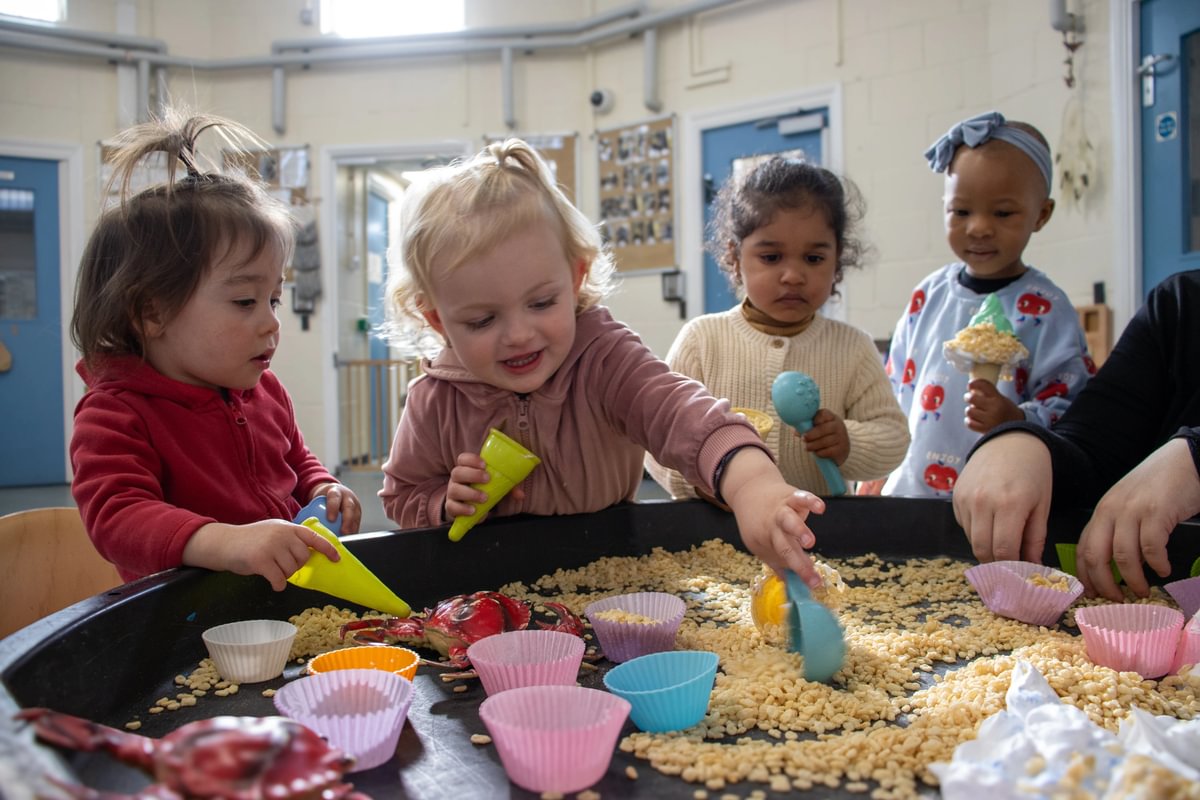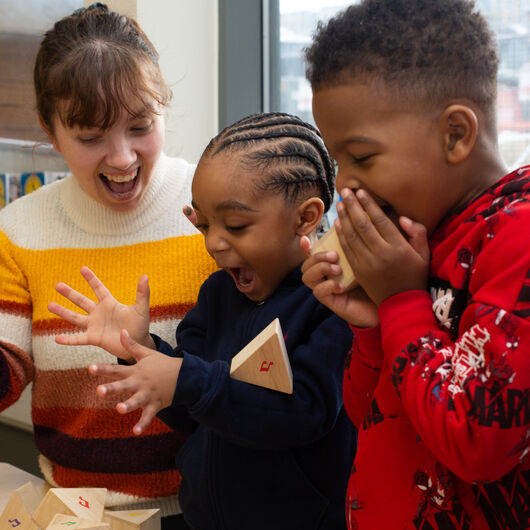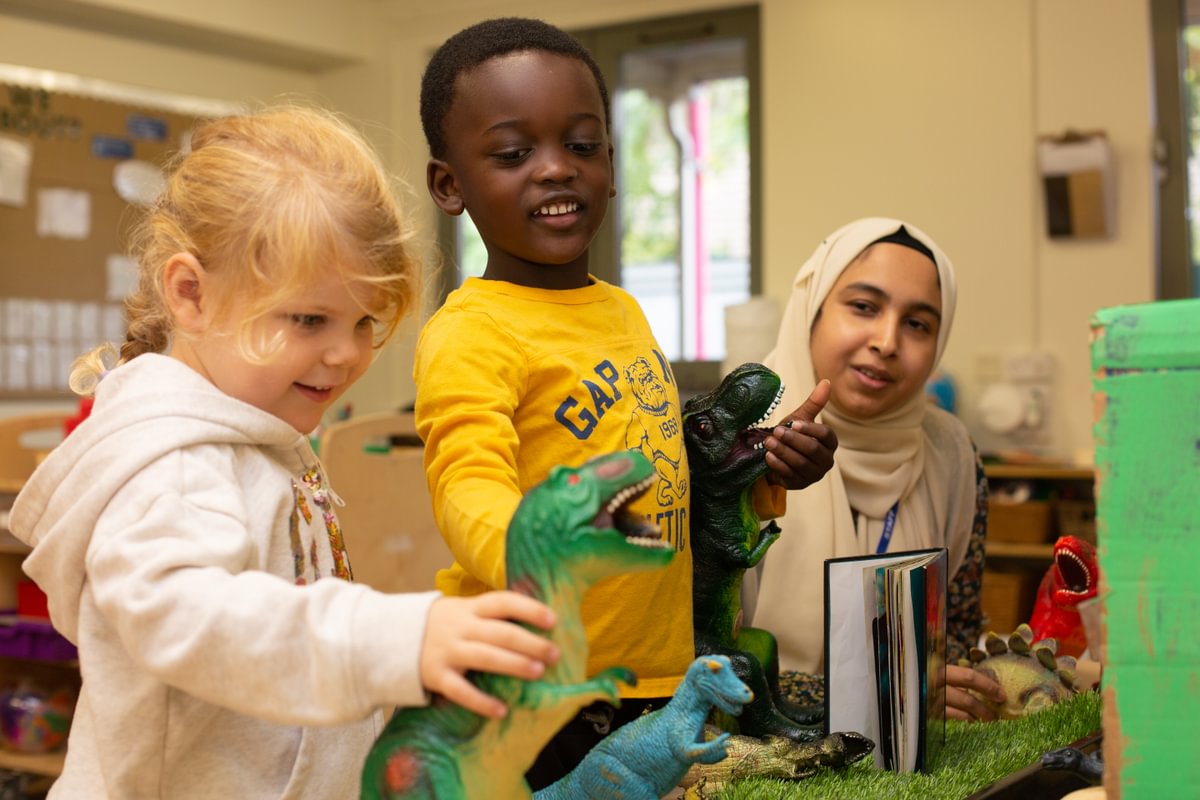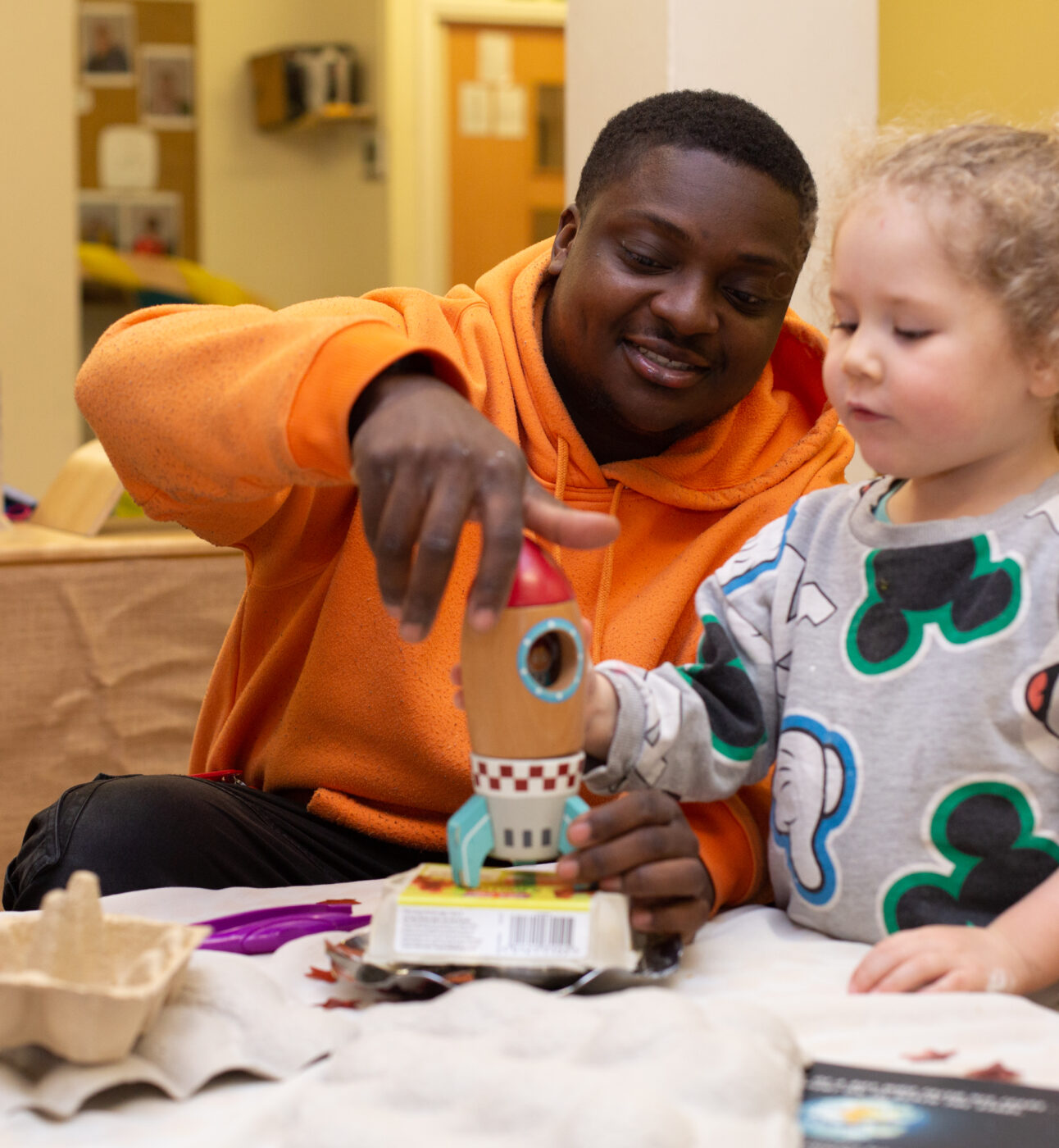
A Conversation with Ofsted: What we learned at the London OBC
On the 7th April, we held the London OBC and here is a summary for those of you who could not attend. We are trying something new,…
November 12th 2023
Thank you those who attended the London OBC meeting on the 25th October. It was interesting to receive comments from many attendees about the continuing benefits of being engaged with the regulator especially as we have a new Chief Inspector coming in January, Sir Martyn Oliver.
I started the meeting with a summary of the issues regarding the expansion of childcare policy. So much of this is a worry and the language around the sector has become very negative. I was keen to point out to people that too much deficit language is never going to help us recruit staff. So, I balanced it out with some stories from the children that remind us of the joy we get from working children.

There is an interesting report just published by the University of Leeds called Retention and Return, Do have a read because among the doom and gloom, they found that staff love working with children and families and 50% would come back if the circumstances in three areas would improve: Pay, Status and a public valuing of the work they do, and High quality CPD and Career Promotion.
Next Steps (in my humble opinion)
As with all OBC gatherings, we invite Ofsted to present new research and then an update on the state of the London Early Years from an Ofsted perspective. Wendy Ratcliff and Sam Sleeman-Boss gave a presentation about the Best Start in Life Part 2.
Ofsted wants to build a research evidence base of children aged 0-4. It is planning 3 reviews followed by a focus on babies.
The key messages for Part 2 were:

We were treated to a round-up of the work of the London team (Jen Gee SHMI, Linda du Preez EYSO, Caroline Preston EYRI and Anne Maher EYRI). There are 40 regulatory inspectors and 89 Ofsted inspectors in London, looking after 16,000 settings. We were all a bit surprised by the high number, although they did tell us they were very busy quite a few times! 95% of settings are judged Good or Outstanding.
With regards to the changes to the EYFS, Ofsted reassured the audience that their inspection methodology remains the same; that inspectors do not have a checklist of compliance against the EYFS regulations but are focused on what it is like to be a child at their setting every day, and not just on the day of inspection.
However, participants were not entirely convinced and worried about data that showed a 39% drop in Outstanding to Good, the lack of recognition about the staffing crisis during inspections and the impact of their reliance on Bank or Agency staff. There was general dismay at the move away from “best fit” which has meant inspectors want to see consistent evidence of each criterion to achieve an Outstanding which is not always possible and can weaken the overall experience a child receives.
The impact of a challenging inspection was also referenced and while some inspectors are very warm and able to engage and lead a constructive pedagogical conversation, others remain distant, and checklist focused and unwilling to partner the setting on the inspection.
Caroline Preston, Early Years Regulatory Inspector explained that there was a robust complaint and checking process internally and the inspectors had to demonstrate robust evidence to justify their judgment. I think the audience was not fully convinced and was also interested to know when the outcome of the Government consultation on the Ofsted complaints process would be released.
Should you wish they also have YouTube videos (with Sam Sleeman-Boss) as well as FAQs for providers, and parent guides on their website & blog. Here are the links:
We had not received any response when we had the meeting but since then we have been issued with the result of the consultation. Read the full document
We ended the meeting with the video from the Early Education and Care Coalition (EECC).
The Early Education and Childcare Coalition was developed in response to the growing pressures facing the sector and families. The Coalition is hosted by the Women’s Budget Group, the UK’s leading feminist economics think tank, and funded by the Kiawah Trust, a charitable foundation that supports initiatives to tackle educational and gender inequality.
The Coalition has been co-designed with 30 organisations including children’s charities, parent campaign groups, provider membership bodies, anti-poverty campaigners, NGOs, trade unions representing early educators, and business lobbying groups. The EECC advocate a ‘rescue and reform’ approach: short-term measures that will stabilise the sector now, alongside a national programme of reform and investment and is supported by a range of experts from across educational and economic policy, and partner with think tanks and research organisations who share our aims.

On the 7th April, we held the London OBC and here is a summary for those of you who could not attend. We are trying something new,…

Why the social enterprise model could be the solution to fixing England’s broken childcare system by expanding access to the communities that need it most. England is…

Social enterprises are driven by social justice and deliver a range of public services including health, social care, children, services, education, homelessness, housing, domestic abuse, public health, leisure, culture, employment,…